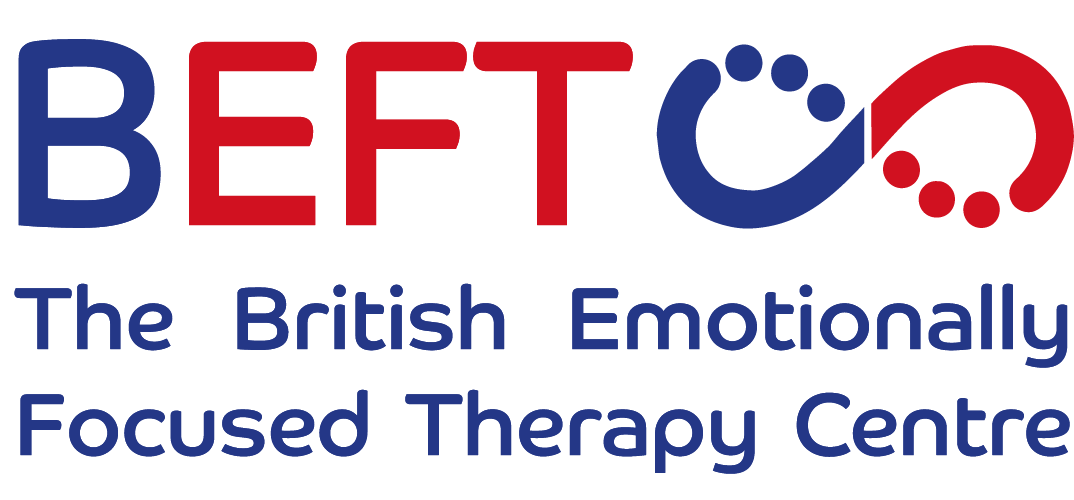A unique form of psychotherapy, existential therapy looks to explore distress and mental struggle from a philosophical perspective where emotional and psychological difficulties are viewed as an inner conflict caused by an individual’s confrontation with the ‘givens’ of existence. The ‘givens’ of existence are death, freedom & responsibilities, existential isolation and meaninglessness ( I. Yalom). These are the cornerstones of existential therapy, also a ‘talking therapy’. The ‘givens’ are an inescapable part of our existence in the world that lies deep in the subconscious of every human being. The extent to how ‘comfortable’ an individual is with these ‘givens’ will often determine his/her overall wellbeing in the here and now as these ‘givens’ can cause anxiety, depression, despair and loneliness.
Existential Therapy
”"Human condition, simply means that each person has no choice but "to be in the world, to work in it, to live out his life in it among others, and, eventually, to die in it." (Jean-Paul Sartre).

Existential therapy mainly looks at the here and now, but past events are also taken into consideration, where it explores the human condition as a whole and what it means for an individual. Inner conflicts or distress stems from an individual’s confrontation with the ‘givens’. For example, we may understand we are essentially alone (we enter this life alone and must leave it alone), but at the same time, there’s a deep longing to be connected with other fellow beings or the inevitability of death and the wish to continue life. It’s an approach that puts great emphasis on the fact that both the therapist and the client are faced with the same human condition and the ‘givens’ of existence. It’s a human condition that impacts us all.

How will existential therapy help me?
Existential therapy focuses on individuals’ uniqueness and how their choices shape their lives. It also helps guide individuals on their journey to self-understanding and self-acceptance. In this approach, we will help you live more authentically, be less concerned with superficiality and come to terms with the ‘givens’ of life.
One of the main aims of existential therapy is to help people face their Angst, dread or anxiety of being-in-the-world and what it means to them. Also, the approach emphasises embracing the freedom of choice we have as human beings and taking full responsibility for our choices. The therapeutic process can help individuals live more authentically, take ownership of their lives, find meaning and live fully in the present.
Existential therapy typically suits individuals who are interested in self-examination and who view their struggles or concerns as issues of existence and living rather than symptoms of mental illness. It also suits people who are terminally ill, going through a transition in life or seeking to find any meaning to their existence or life.
You are not alone
This approach will suit individuals who are interested in self-examination and who view their struggles or concerns as issues of existence and living rather than symptoms of mental illness. It also suits people who are terminally ill, or going through a transition in life or seeking to find any meaning to their existence or life.






